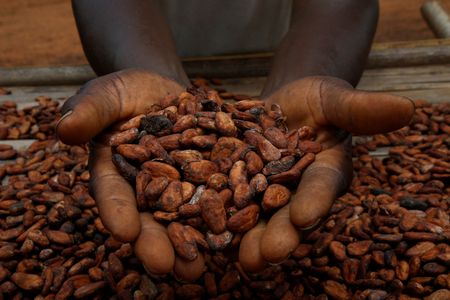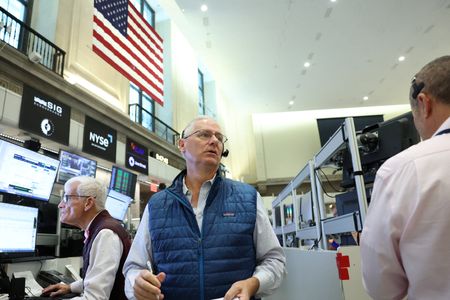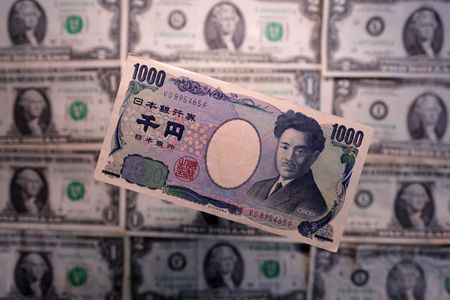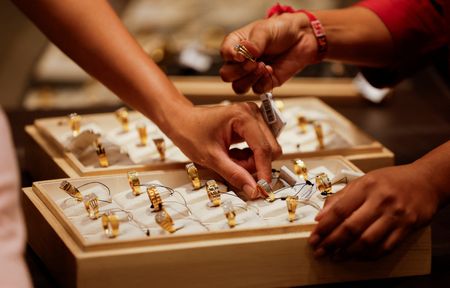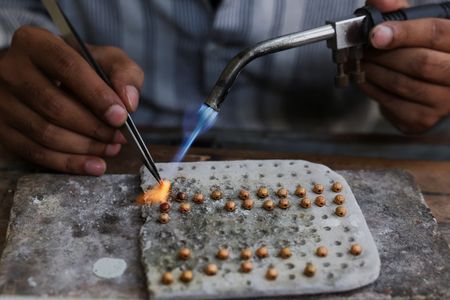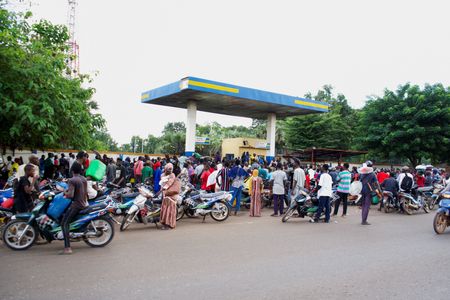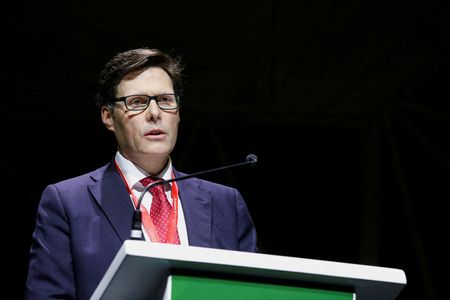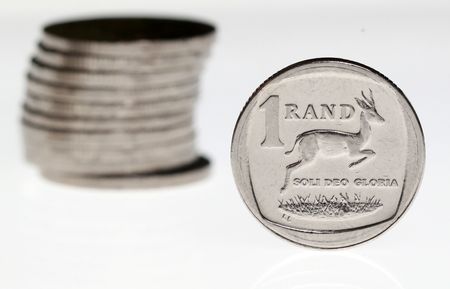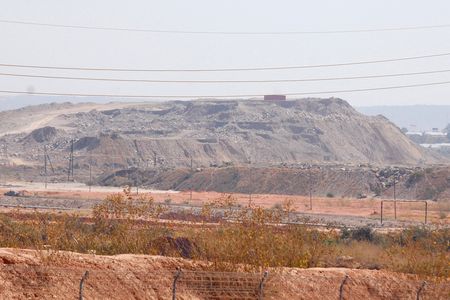By May Angel
LONDON (Reuters) -Top cocoa producer Ivory Coast was able to trace the origin of nearly half its beans last season as it prepared for the EU’s landmark anti-deforestation law, according to a major report on sustainability in the cocoa sector.
The first-of-its-kind policy, aimed at ending the 10% of global deforestation fuelled by EU consumption of imported goods, was due to take effect on December 30 but is scheduled to be delayed by another year.
It would have required EU importers of soy, beef, oil palm, coffee, rubber, timber, cocoa and derived products to prove their products did not cause deforestation anywhere in the world, or face hefty fines.
According to the Cocoa Barometer report, produced by the VOICE Network group of civil society organisations, Ivory Coast was able to trace about 40% of its beans in the 2024-25 (October to September) season.
IVORY COAST WILL TRACE MORE COCOA BEANS
Although this would have been insufficient to comply with the law as the world’s top cocoa grower ships about two-thirds of its beans to the EU, VOICE Network director Antonie Fountain told Reuters the country would be able to trace far more beans this season.
He also stressed that the only way to ensure full compliance was for the law to come into effect.
“While virtually all cocoa stakeholders, including industry, seemed to be aligned, a political shift to the right has caused a sudden slashing of funding for sustainability worldwide,” Fountain and co-author Friedel Huetz-Adams said in the report.
“The regulatory unreliability of the EU is causing severe damage to planetary protection,” they added.
In order to comply with the law, Ivory Coast has opted for a digitalised sales and purchasing system that will also trace the origin of beans. It says around 900,000 of 1 million cocoa farmers have received their digital ID cards.
Brussels’ plan to delay the launch of its anti-deforestation law comes amid opposition from industry players as well as EU trade partners like Brazil, Indonesia and, crucially, the U.S., which said complying with the rules would be costly.
As part of its trade deal with President Donald Trump, the EU committed to work to address U.S. producers’ concerns over the regulation.
(Reporting by May Angel, editing by Ed Osmond)

